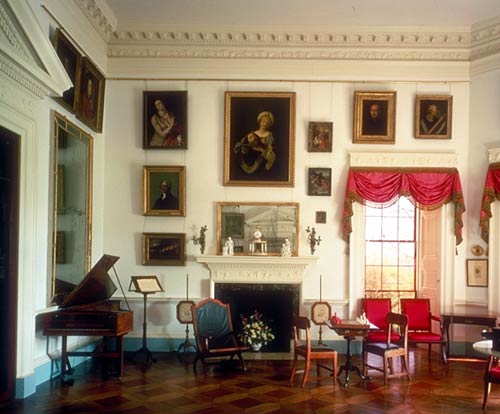Democratic Freedom: J. S. Mill
John Stuart Mill addressed this question in his famous essay "On Liberty". Here is the part which strikes me as most pertinent:
Chapter 1: Introduction
....
"The object of this Essay is to assert one very simple principle, as entitled to govern absolutely the dealings of society with the individual in the way of compulsion and control, whether the means used be physical force in the form of legal penalties, or the moral coercion of public opinion. That principle is, that the sole end for which mankind are warranted, individually or collectively in interfering with the liberty of action of any of their number, is self-protection. That the only purpose for which power can be rightfully exercised over any member of a civilized community, against his will, is to prevent harm to others. His own good, either physical or moral, is not a sufficient warrant. He cannot rightfully be compelled to do or forbear because it will be better for him to do so, because it will make him happier, because, in the opinions of others, to do so would be wise, or even right. These are good reasons for remonstrating with him, or reasoning with him, or persuading him, or entreating him, but not for compelling him, or visiting him with any evil, in case he do otherwise. To justify that, the conduct from which it is desired to deter him must be calculated to produce evil to some one else. The only part of the conduct of any one, for which he is amenable to society, is that which concerns others. In the part which merely concerns himself, his independence is, of right, absolute. Over himself, over his own body and mind, the individual is sovereign."
http://www.john-mill.com/works/liberty/1.html
It is my belief that our modern democratic political philosophy chiefly rests upon the contributions of these two thinkers. I guess that makes it "Millist-Lockeanism". ;)




1 Comments:
Looks nice! Awesome content. Good job guys.
»
Post a Comment
<< Home